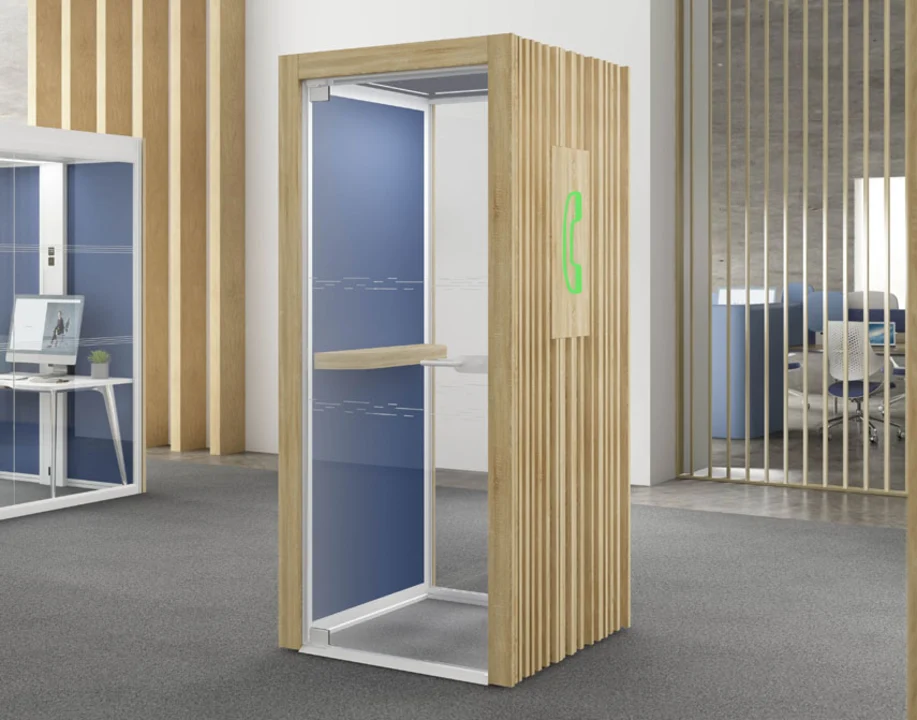
Why is the box office called that?
Unpacking the History Behind the Name: Exploring the Origins of the 'Box Office'
When you think of the 'box office', the first thing that comes to mind is likely the ticket counter at a movie theater. But have you ever stopped to wonder where the term 'box office' originated? The term has a surprisingly long history, and is deeply rooted in the theater and entertainment industry. This article will explore the history behind the name 'box office', tracing its origins all the way back to the mid-17th century.
The Origin of the Term 'Box Office'
The term 'box office' was first used in the mid-17th century to refer to the physical box in which the receipts from ticket sales were collected. This box was usually located near the entrance of the theater, and was used to collect the money from ticket sales. Over time, the term 'box office' came to refer to the ticket counter itself, and eventually the entire office that handled ticket sales.
The Evolution of the Box Office
The box office has evolved significantly over time. In the early days, the box office was simply a small window or desk where tickets could be purchased. As the theater industry grew and more people began to attend plays and performances, the box office began to expand to accommodate the increased demand for tickets. By the end of the 19th century, the box office had become an entire office, staffed by multiple people and equipped with modern technology.
The Box Office Today
Today, the box office is an integral part of the theater and entertainment industry. Most theaters have a dedicated box office staff, who are responsible for handling ticket sales and customer service. The box office is also a major source of revenue for theaters, as ticket sales account for a large portion of their profits. The box office has also been modernized with the introduction of online ticketing systems and electronic kiosks.
Conclusion
The term 'box office' has come a long way since its first use in the mid-17th century. From a small window or desk, it has evolved into an entire office, staffed by multiple people and equipped with modern technology. Today, the box office is an integral part of the theater and entertainment industry, and a major source of revenue for theaters. It's clear that the 'box office' is here to stay.
A Box Office Primer: How the Box Office Became an Integral Part of the Movie-Going Experience
Have you ever wondered how the phrase “box office” became part of the movie-going experience? It’s a phrase that we’re all familiar with, but few of us know its history. In this article, we’ll take a look at the history of the box office and how it has become such an integral part of the movie-going experience.
The History of the Box Office
The phrase “box office” was first used in the late 19th century to refer to the area in a theater where tickets were sold. The origin of the phrase is believed to have come from the practice of theaters having a booth or box to contain their ticket takers. This box was usually located at the entrance to the theater, and it soon became known as the “box office”.
In the early days of movie-going, tickets were sold at the door of the theater. This often caused confusion as it was difficult to keep track of who had already bought tickets and who hadn’t. To solve this problem, theaters began setting up booths or boxes at the entrance of the theater. This allowed them to more easily keep track of who had purchased tickets.
The Rise of the Box Office
As the popularity of movie-going grew, the box office became even more important. Theaters began to set up multiple ticket booths at the entrance of the theater and began to assign a specific price to each seat in the theater. This allowed theaters to more easily control their ticket sales and maximize profits.
The rise of the box office also allowed theaters to offer incentives to movie-goers. For example, theater owners could offer discounts or special offers to those who purchased tickets in advance. This encouraged movie-goers to purchase tickets ahead of time and helped to ensure that the theater was always full.
The Box Office Today
Today, the box office is an integral part of the movie-going experience. Movie-goers can purchase tickets online, at the theater, or through an app. Additionally, theaters have begun to offer loyalty programs and other incentives to encourage movie-goers to purchase tickets in advance. These incentives have helped to ensure that the box office remains an important part of the movie-going experience.
The box office has become a vital part of the movie-going experience, and it has changed significantly over the years. From its humble beginnings as a booth at the entrance of a theater, the box office has become an integral part of the movie-going experience.
Write a comment